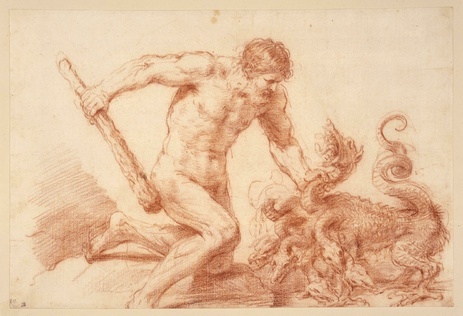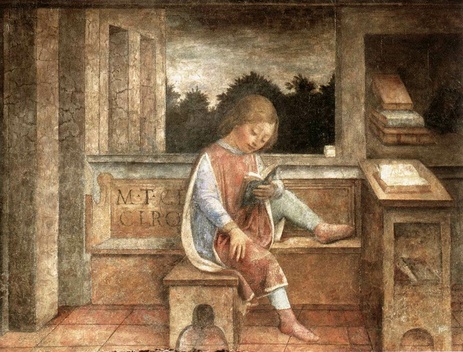In the master narrative of modernization, democracy is considered the core of Western civilization and the values associated with the concept are widespread today, despite growing scepticism. What is omnipresent today started as an extraordinary historical phenomenon with a far-reaching intellectual impact. To date, the history of democracy tends to have been written as initially a short blossoming of direct democracy in Classical Athens and then, after a long interruption, the rise of modern representative democracy – starting with the “democratic revolutions” of the late 18th century. In this narrative, bar a few exceptions, Early Modern times are held to have played a negligible role in the history of democracy.
Nevertheless, for all the research into the history of democracy it is still unknown where its roots in modern times originated. This is the starting point Prof. Peltonen takes in a project that seeks to establish that the Early Modern period was of decisive importance for the development of the democratic idea. During this period, it underwent a fundamental shift: owing to a series of conceptual changes, democracy started to lose its ties to direct civil participation and was viewed as a form of rule in which a representative institution possessed sovereign legislative powers.
Hitherto, it has also been unclear what the concept of “democracy” could have even meant in the Early Modern period. Professor Peltonen’s team is therefore studying the works of Early Modern champions and critics of democracy in order to elaborate on the different meanings and definitions of democracy used there. What was written about democracy? How was it defined and what kind of governments or political arrangements were rated as being democratic? In order to answer and explore these questions of when and how the concept of “democracy” won out although it was rejected as good as everywhere, the researchers are tackling the complex in three chronologically staggered individual projects:



